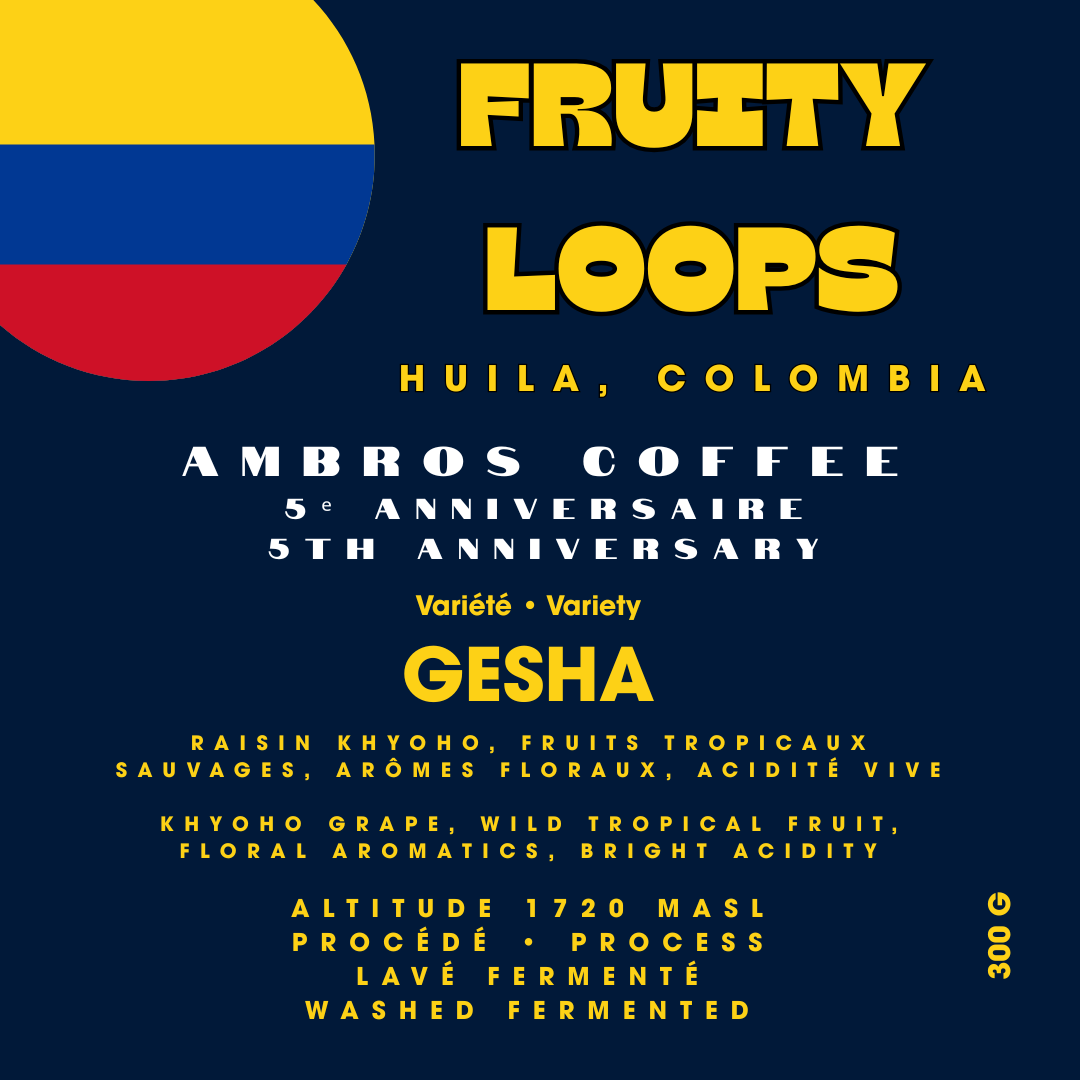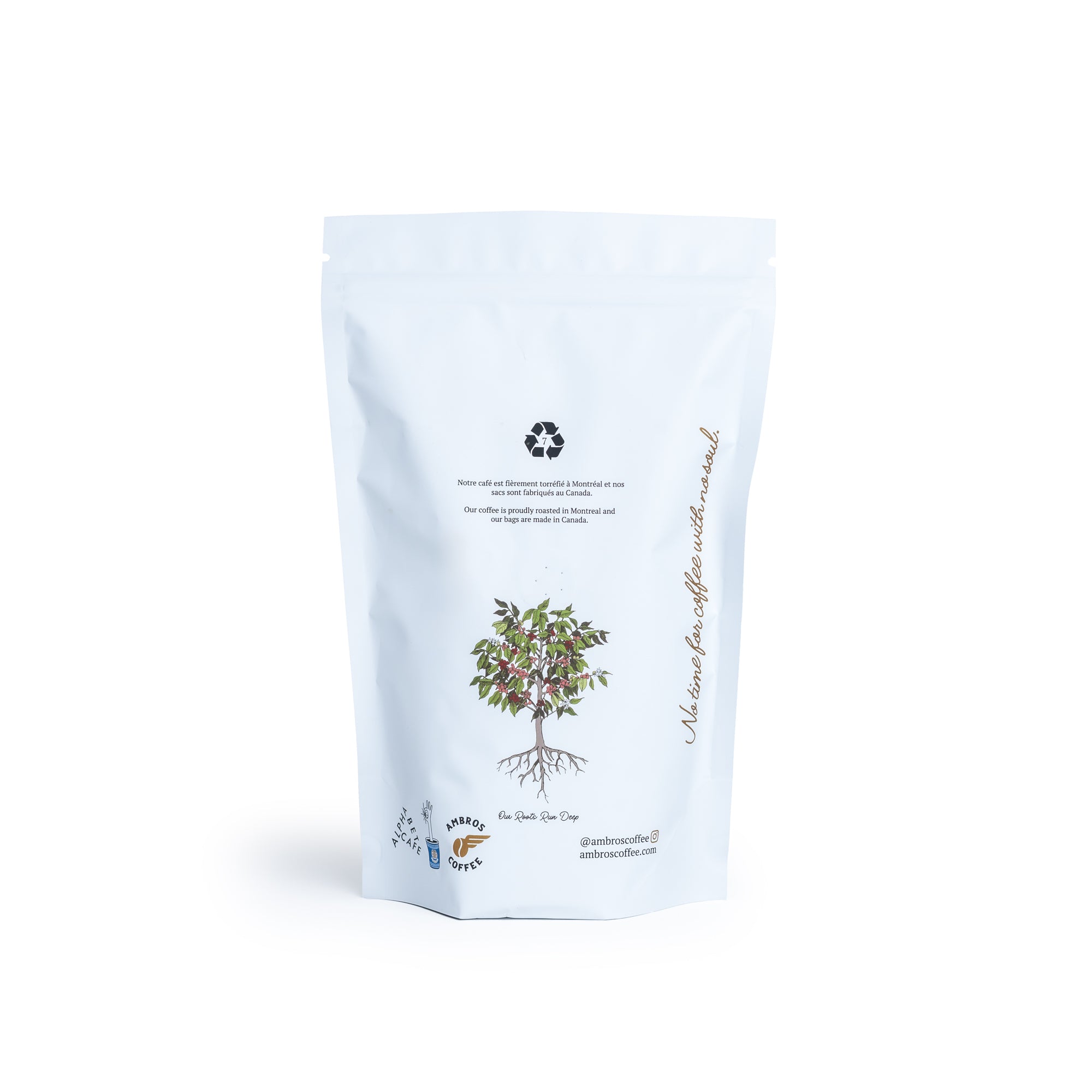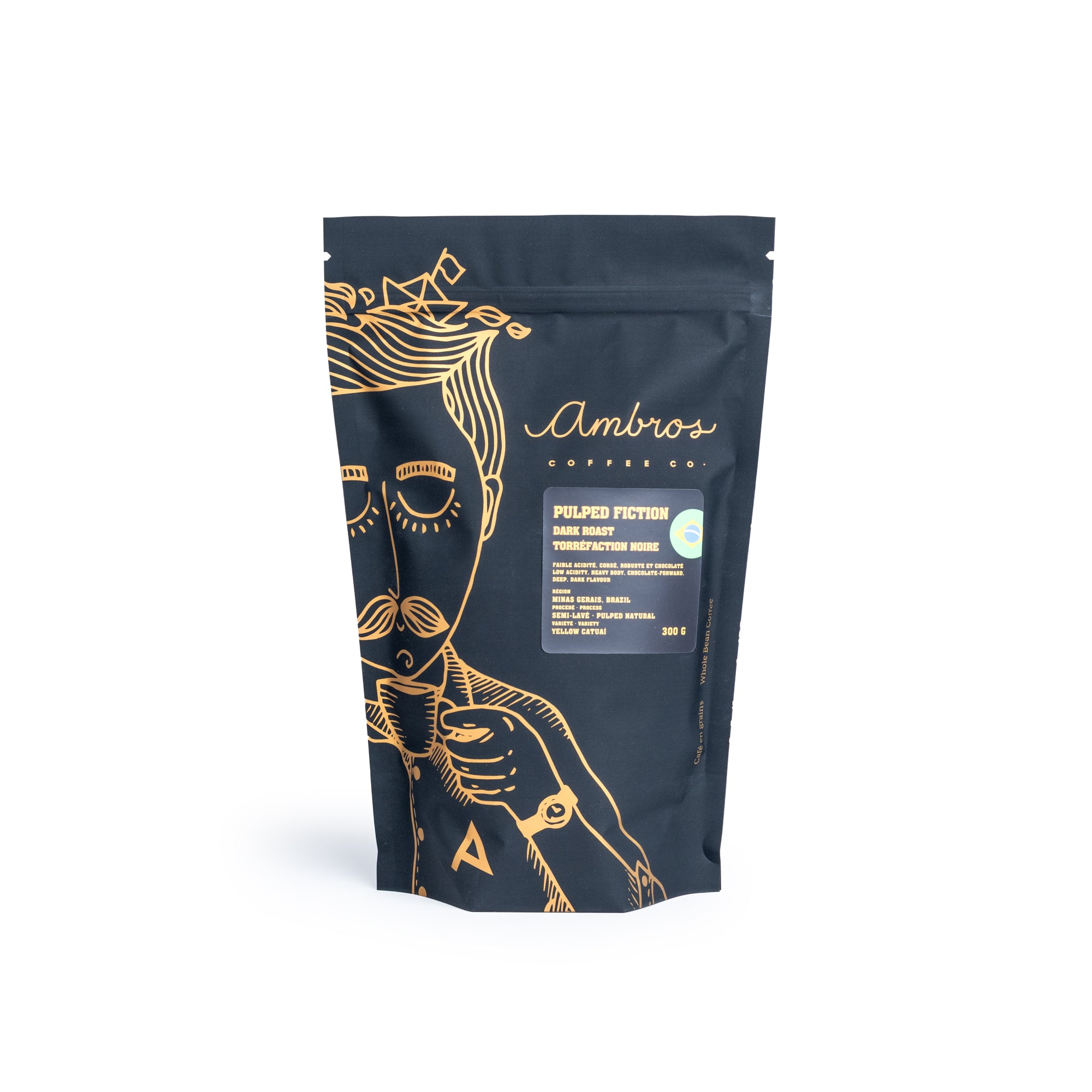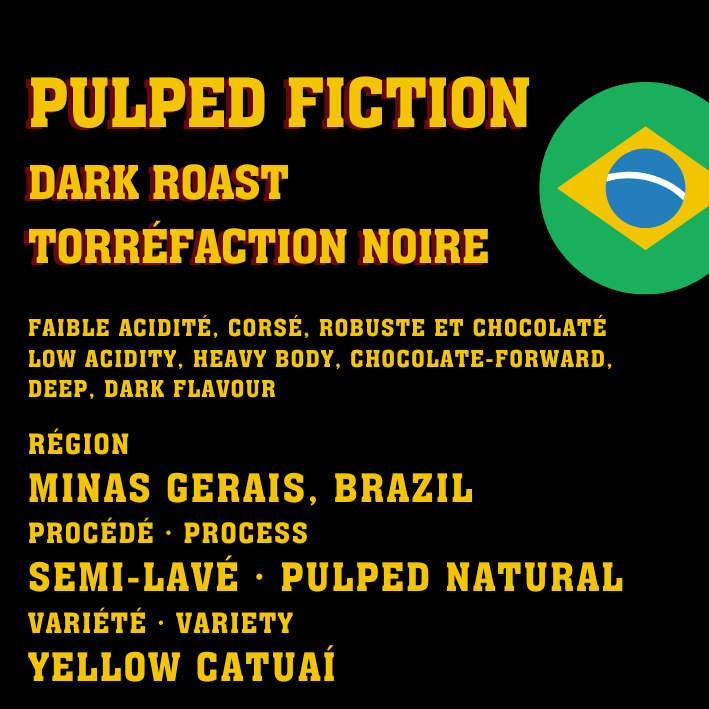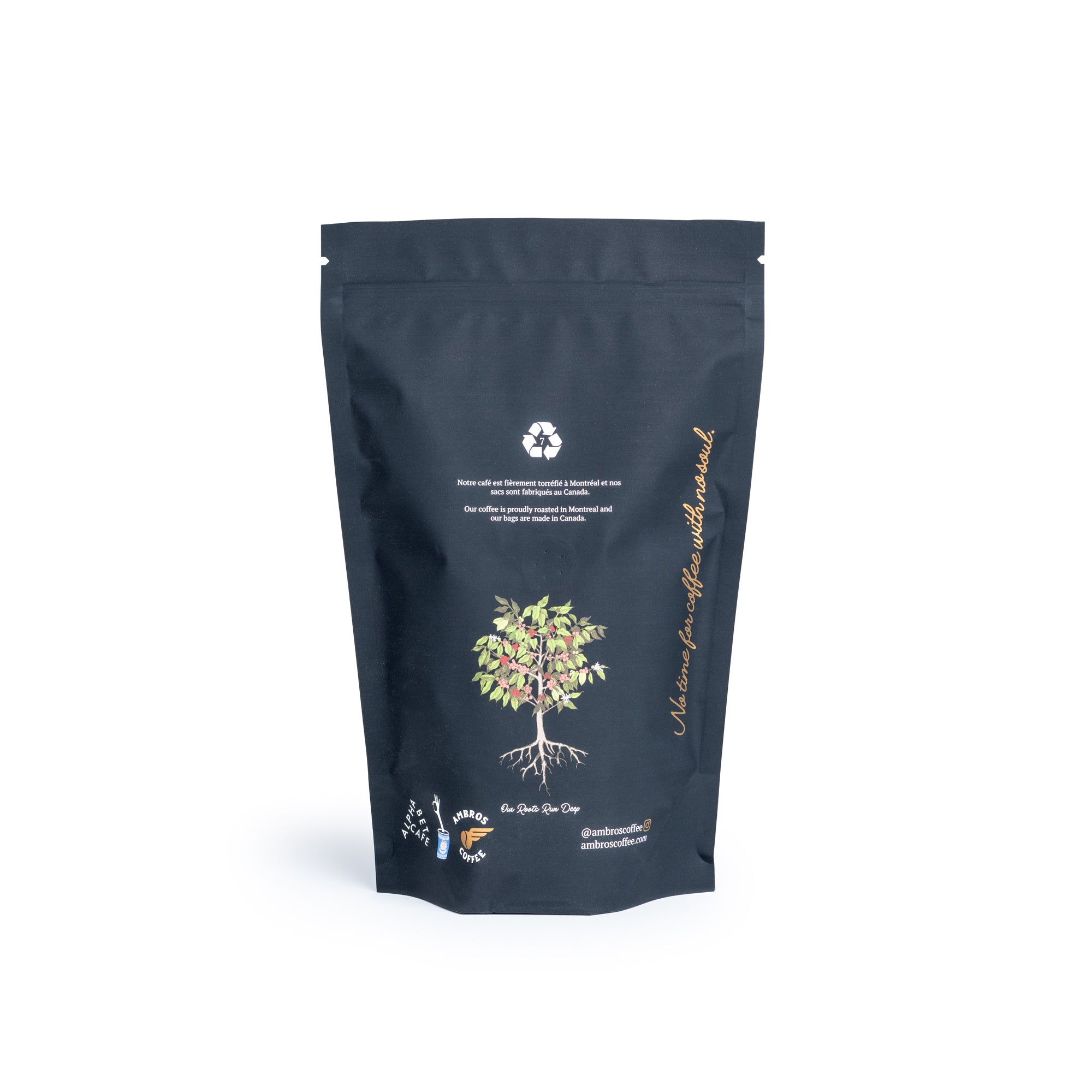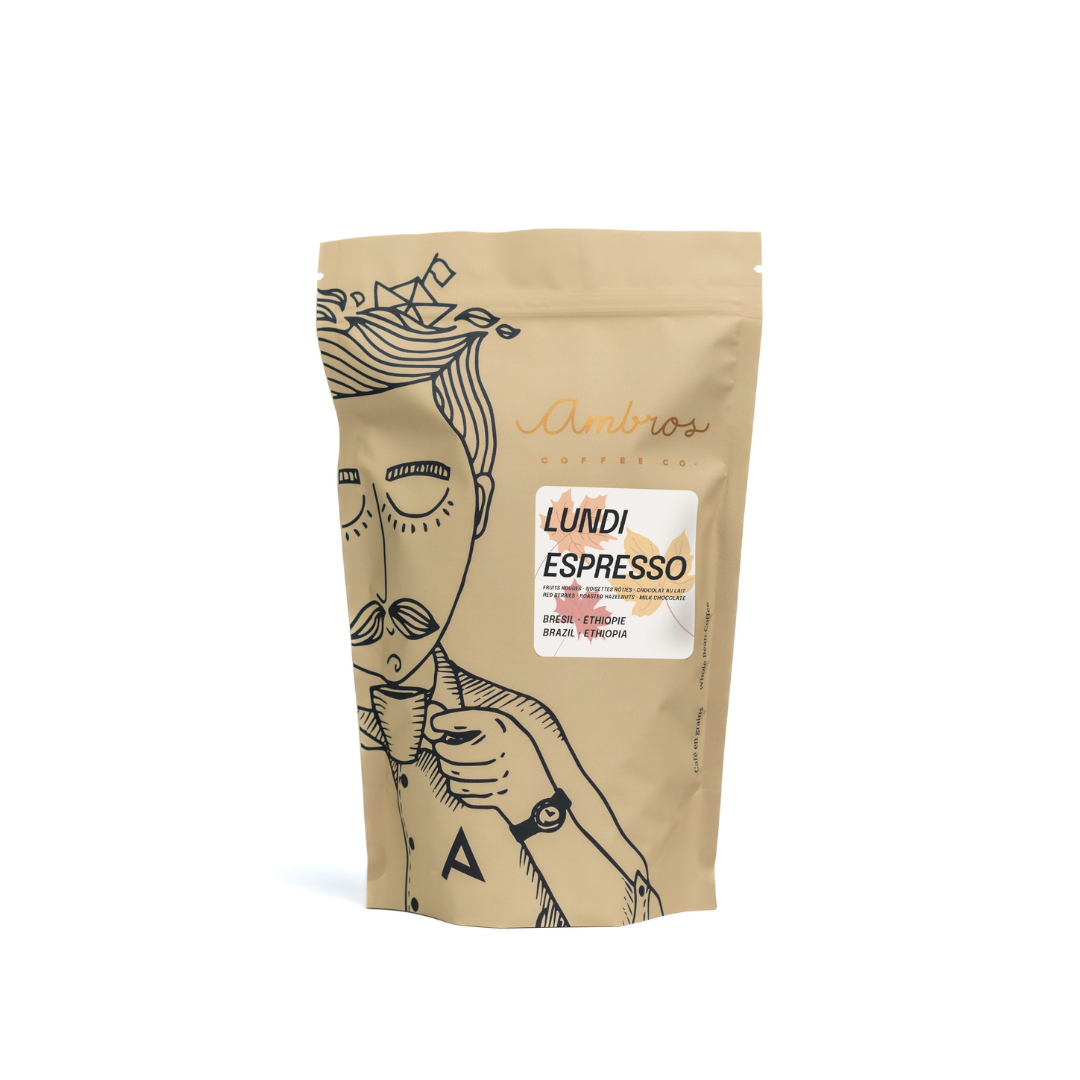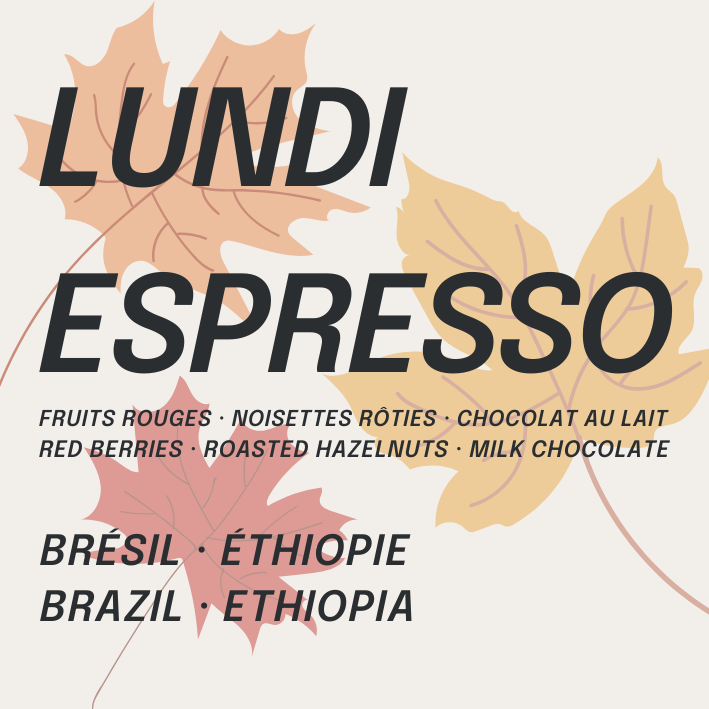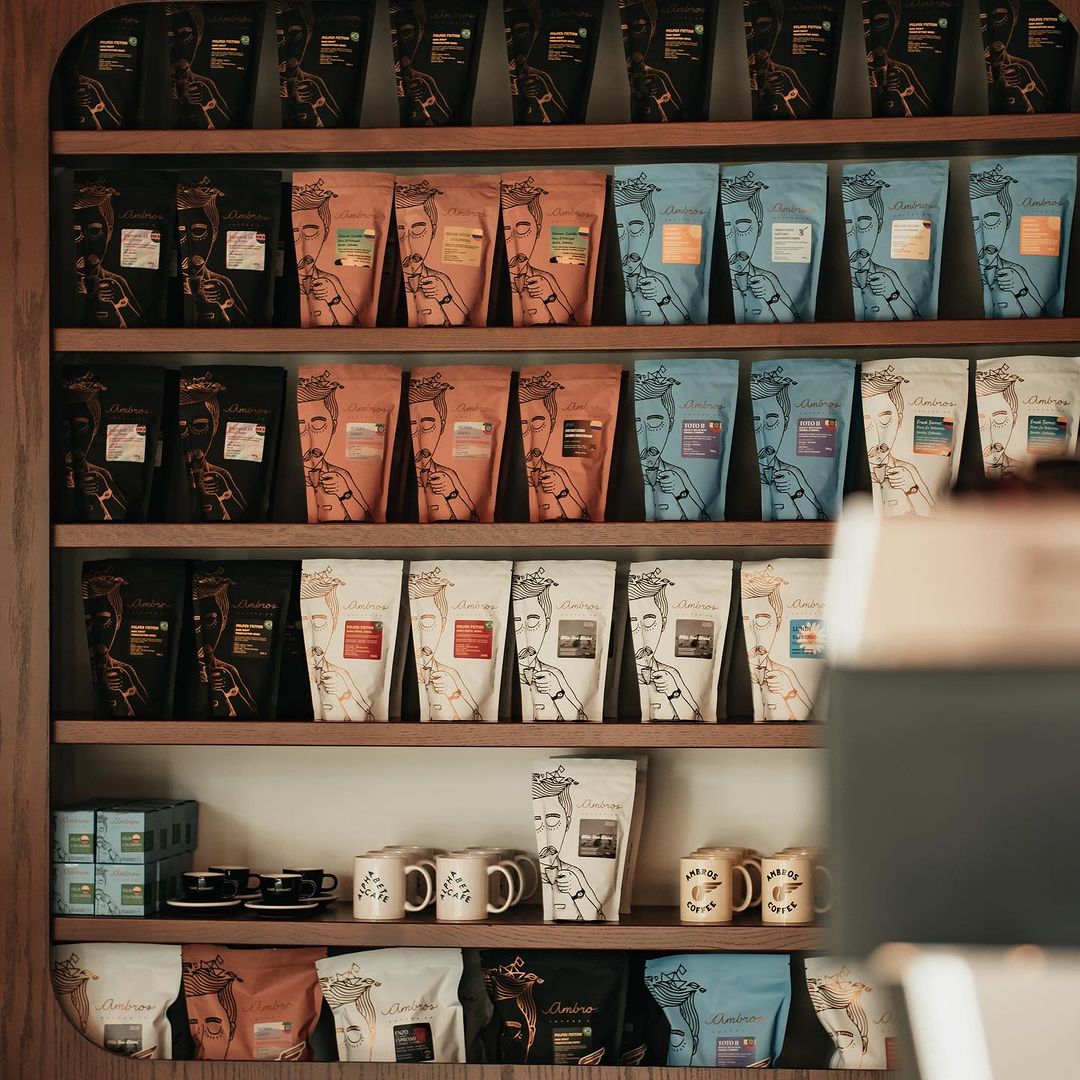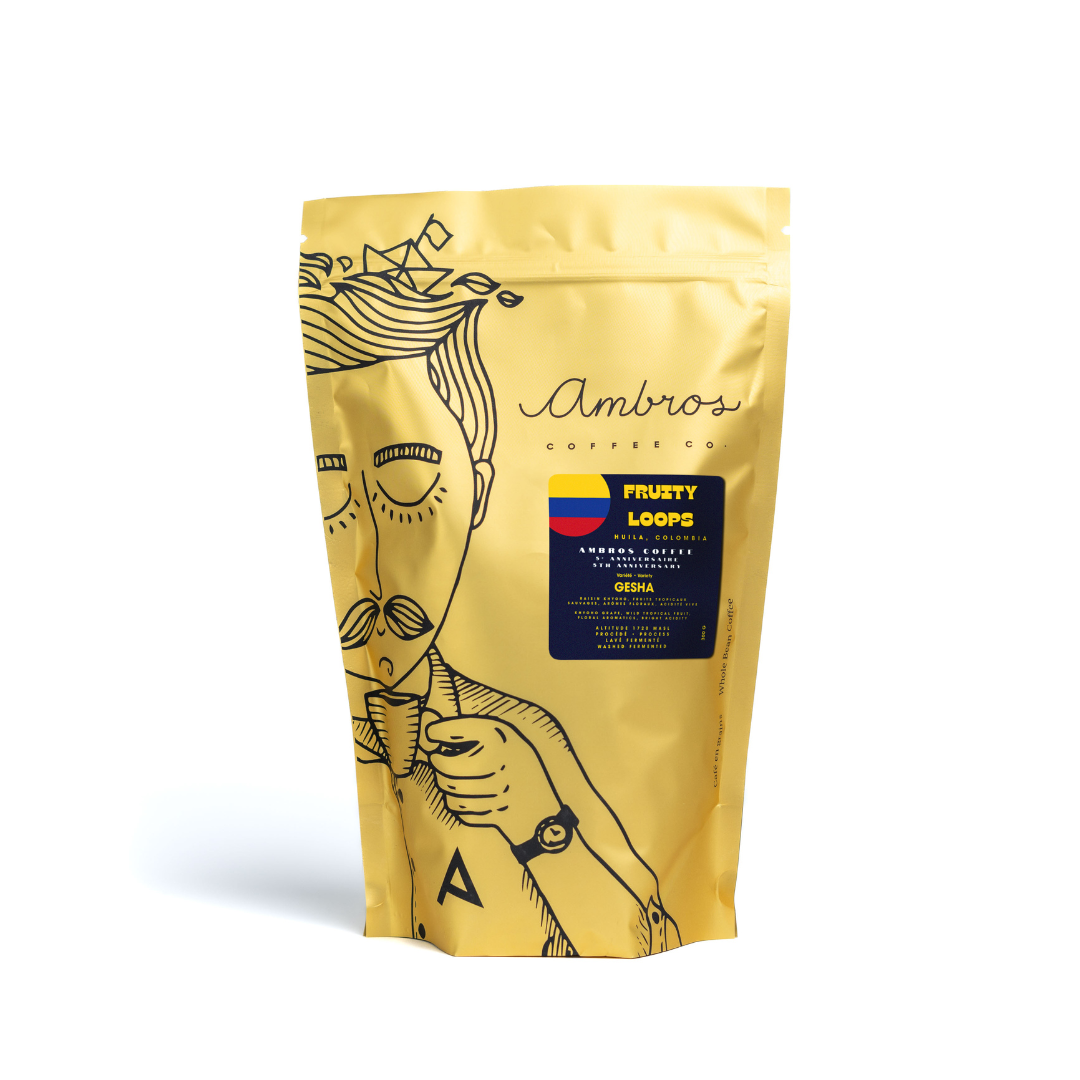
Colombia Fruity Loops Gesha - Ambros Coffee 5th Anniversary Release
For Ambros' 5th milestone anniversary, we are offering something special and unique. What's more fitting to the occasion than a Gesha coffee, one of the most prized varieties in the world? We wanted to give you a coffee that is super fun and limited edition.
Introducing Fruity Loops, a coffee produced by Juan Darío Gómez at La Villa farm in Huila, Colombia. This Gesha is a wild and fruity, vibrant and expressive coffee without losing control of its complexity and structure. In your cup you will find notes of Khyoho grapes, tropical fruit, and vibrant acidity.
Juan Darío is the son of Don Bautista, who was the farm's first owner. From a very young age, he worked in agricultural work, helping harvest and clean crops, and he liked the coffee processes all his life. When he was 15 years old, he had the opportunity to pursue a technical degree in agricultural production at SENA, a work education school in Colombia. With that, he began to work with organic fertilizers focused on coffee production. In 2017, he finally began growing coffee and experimenting with different processes, so he learned how to cup and process coffee in Natural and washed processes with varying fermentation times.
The mature beans are collected, generally within 30 days of maturation, strictly selecting the mature beans, then the cherries are submerged in water, and the floating beans are removed. Afterward, they are fermented for 24 hours in cherries in steel tanks; then they are pulped by removing the mucilage with a machine; that mucilage is collected in gallons, that mucilage is fed with yeast, and is fermented in a bioreactor for 72 hours. Subsequently, the parchment coffee is placed in tanks where water at 30 degrees plus the wort prepared in the bioreactor is added and left in anaerobic submerged fermentation for 72 hours. It is rinsed slightly and put into the drying process in the marquesina for 15 days.
The Farm:
La Villa Farm is an inheritance from Juan's father. His father arrived for the first time in 1965. They bought that land and initially cultivated beans and coffee around 1970. At that time, the Indigenous communities did not allow coffee to be planted in the area, and it was very frowned upon, which is why those first Crops had to be planted hidden among the weeds; then, the federation began to carry out work, and coffee became popular in the area. It was in 2005 when, at the cooperative's initiative, they submitted a lot to a local contest and won it, receiving a substantial settlement, which gave them the first step to improving the processes and varieties of coffee on the farm. Today, it is a farm that produces 90% of its coffee, especially using different methods that are all carried out on the farm.
Details
This product is crafted with quality materials to ensure durability and performance. Designed with your convenience in mind, it seamlessly fits into your everyday life.
Shipping & Returns
We strive to process and ship all orders in a timely manner, working diligently to ensure that your items are on their way to you as soon as possible.
We are committed to ensuring a positive shopping experience for all our customers. If for any reason you wish to return an item, we invite you to reach out to our team for assistance, and we will evaluate every return request with care and consideration.
